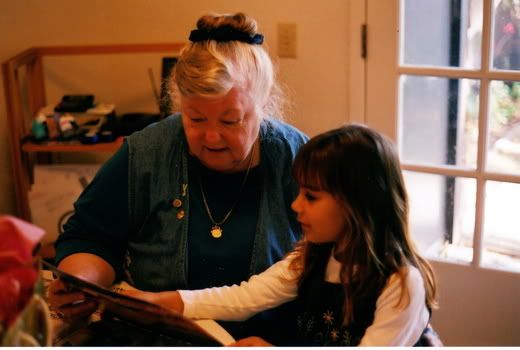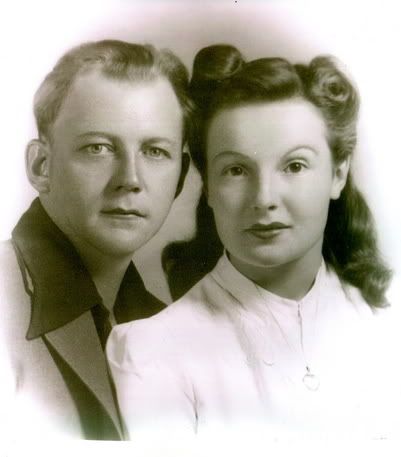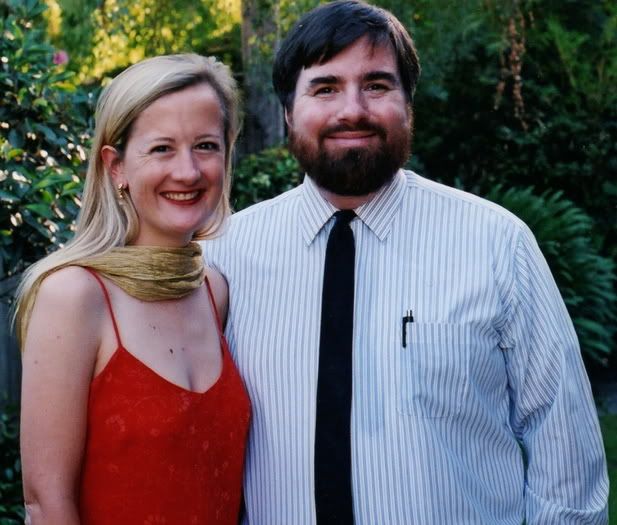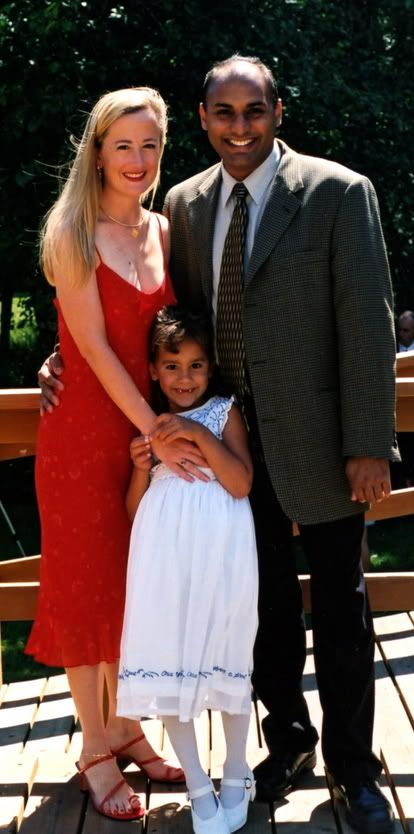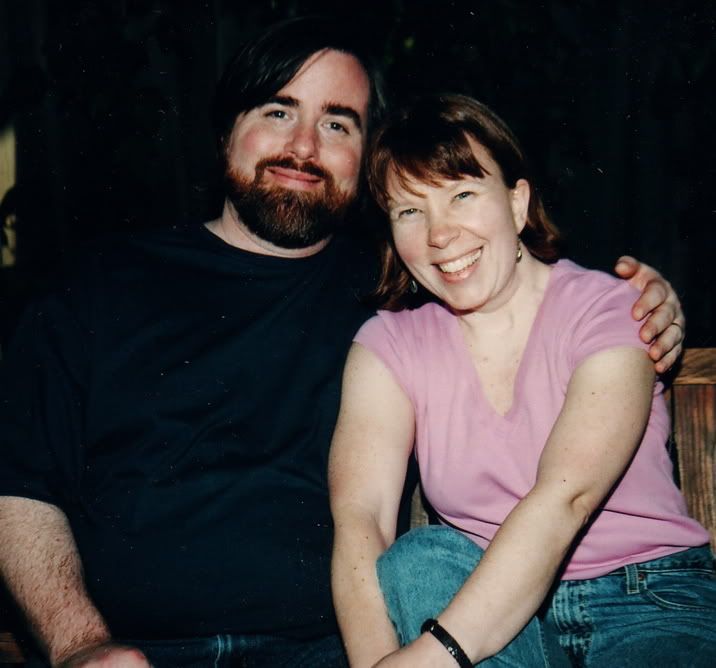
Sandy Szwarc at Junkfood Science has awarded me A Roar for Powerful Words. This is a project launched at The Shameless Lions Writing Circle, that celebrates the best and most powerful writing in the blogosphere. Being totally lacking in modesty, I am quoting Sandy both on what the rules are, and what she said about me when she awarded it. Not only would this make me blush if I were the blushing type, but it also sort of identifies what kind of a blog this is, which I've never been exactly sure of.
As part of this honor, I’m to name three things that I believe most important to powerful writing and then pass on the award to five blogs I believe deserve recognition.*** Maya’s Granny — Joycelyn Ward writes the most heartwarming, comforting and cozy blog that makes you feel like you’ve been invited into the folds of her family. It’s a lovely-written family historical diary sprinkled with sage and inspiring insights to life.
Three things that I believe are most important to powerful writing are:
1. Accuracy. There is nothing more upsetting than being convinced by a powerful statement and then discovering that it was based on lies. That doesn't mean that a writer doesn't sometimes make a mistake -- that is sometimes unavoidable. But it does mean that those mistakes made are not due to sloppy research or outright twisting of data or facts. The bloggers I have chosen all fact-check carefully. I know I can trust that they are telling me the facts to the best of their ability to find them out.
2. Carefully considered. The writer has done the work necessary to take the facts and show me how s/he got to the conclusion presented. I don't have to agree with that conclusion. Sometimes I do and sometimes I don't. But I do have to see clearly how the writer got there.
3. Honesty. Two of the bloggers I've awarded write from a depth of personal experience with such honesty that it sometimes takes my breath away. Being willing to stand naked and say, "This is me. This is what I am feeling and thinking and how I sometimes come short of the ideal."
&c. I also like passion, humor, and creative word play.
Six blogs I believe deserve recognition (yes, I know it is supposed to be five, but I already cut the original list twice and I just can't cut it any more. The one good thing is that since Sandy recognized me, I can't recognize her, and so I'm not listing seven.):
Sharf-fu at Angry Black Bitch who has passion and humor. She writes in the vernacular, in the tradition of Mark Twain. Shark-fu lives her beliefs. She volunteers at the women's shelter, teaches sex education, is a mentor, cares for an autistic older brother, and still has time to write for us, to tell us not only what she thinks but give us "yummified" recipes and enjoy vodka crans.
Blue Girl, Red State, whose sidebar reads "Deal in facts and check the sources." This is a "twit free zone." In covering political issues, you know she comes from a liberal perspective, and you quickly learn that her opinions are backed with facts and understanding.
Jill at Brilliant at Breakfast is one of the first political blogs I discovered and I read her daily. She covers a wide range of mostly political topics, always well written and thought out. I have linked to her posts on a number of occasions, because once Jill has said it, I can't improve upon it.
Echidne of the Snakes is the other political blog I discovered when I first started reading blogs. Echidne writes five days a week, and her friend olvlzl on the weekends. Both do excellent research, have well considered opinions, and write well. My day doesn't feel complete if I haven't visited Echidne.
Laura at I Promise Not To Laugh During The Seance, who writes powerful words because of the honesty of them. Laura is a recent widow with two children, one of whom is in the hospital at the moment. Her willingness to share her pain and despair, to pour out the doubts and fears she experiences, as well as the moments of joy, demand respect.
And, finally I am adding a sixth roar, because I can't not. Never That Easy, a young woman who has been wheel chair bound for a long time now and writes with grace, humor, and truth about her experience with a "condition" for which there seems to be no cure and little alleviation of the constant pain.








